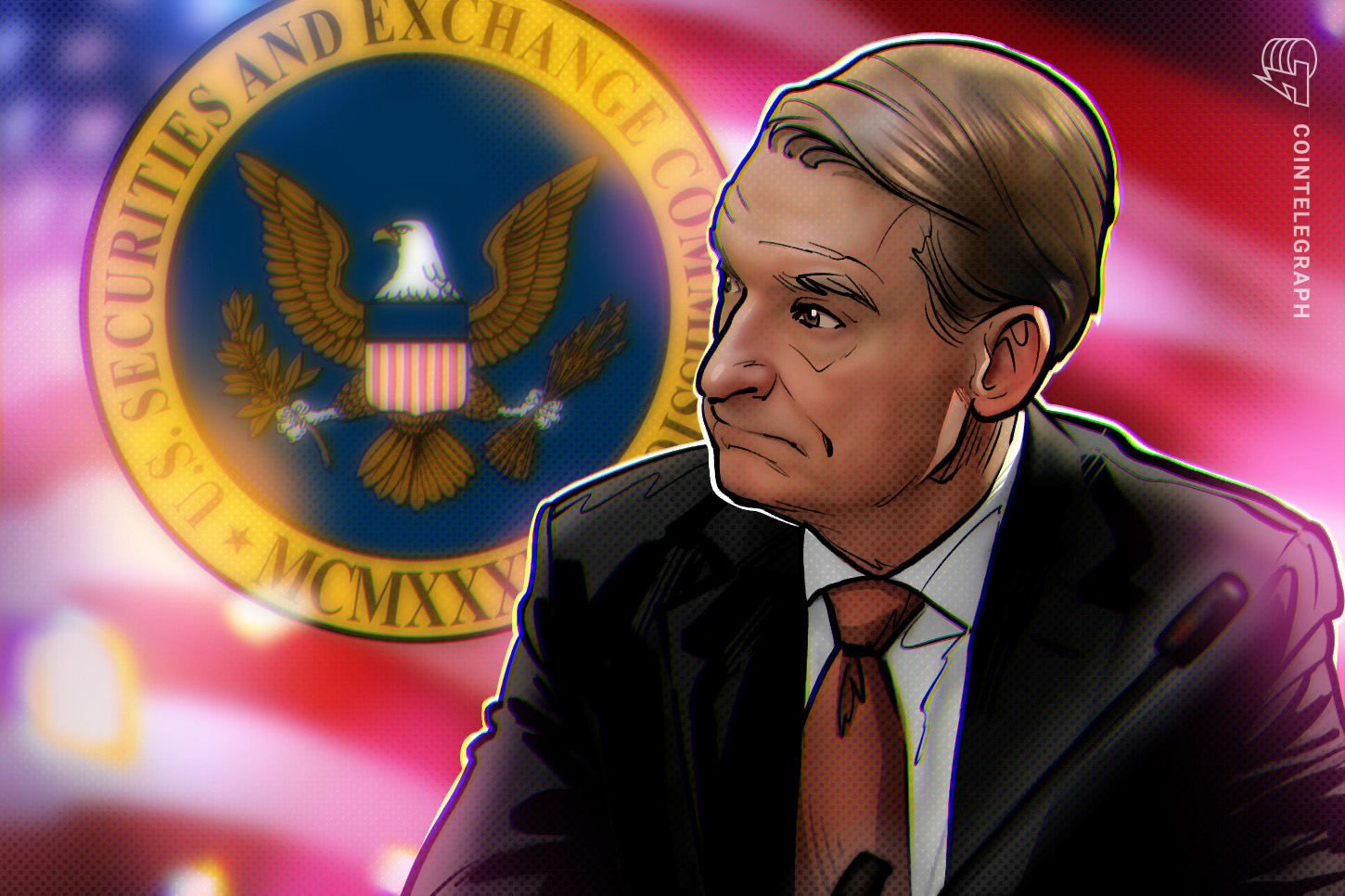
Could a new administration in the U.S. disrupt months of regulatory efforts led by Paul Atkins at the SEC? Cointelegraph reached out to experts to examine the implications.
Paul Atkins, the chair of the U.S. Securities and Exchange Commission, seeks to solidify his vision for cryptocurrency regulations promptly, anticipating shifting political landscapes with the transition of presidential power.
During a recent conference in New York hosted by the Managed Funds Association, Atkins emphasized the importance of swiftly adopting rules to ensure the crypto market’s stability even post-Trump. He indicated a significant move towards diminishing regulatory burdens on both public and private market sectors, which could influence crypto’s trajectory.
“We have, I think, an amazing opportunity…to create something lasting,” Atkins said regarding collaboration with U.S. regulators. “My main concern is to future-proof this against potential shifts in our political environment…”
On the joint efforts with the Commodity Futures Trading Commission (CFTC), he articulated:
“We can’t have two fortresses on either side of a no man’s land, littered with products lost in the conflicts between the two agencies over the years.”
Before he was appointed SEC chair in April, Mark Uyeda had already shifted the SEC’s approach towards digital assets, including crucial investigations and crafting a crypto task force under Hester Peirce.
Under Atkins’ leadership, the SEC is revising standards for crypto exchange-traded funds (ETFs) and has been considering innovative proposals, such as allowing stocks to trade on the blockchain while contemplating adjustments to quarterly reporting requirements.
Andrew Forson noted,
“>[T]he momentum behind digital assets is difficult to reverse…U.S. policy has increasingly aligned traditional markets with decentralized finance.
With Atkins holding broad authority to influence policy, any future president could challenge Atkins’ framework, leading to further scrutiny on crypto.
Forson pointed out that while new SEC chairs could face challenges overturning his work, they might impose new reporting requirements that could slow innovation.
“Regulatory challenges might temper innovation, but cannot dismantle the ecosystem that’s already established.”
David B. Hoppe provided his insight by suggesting future SEC chairs might not easily retract existing regulations but could modify priorities regarding enforcement cases against crypto firms.
On the legislation front, a forthcoming market structure bill in the U.S. Senate could considerably reshape SEC regulations with far-reaching impacts on the crypto market.
Atkins has assured that despite the ongoing government shutdown, the SEC is continuing its operations without delay.



